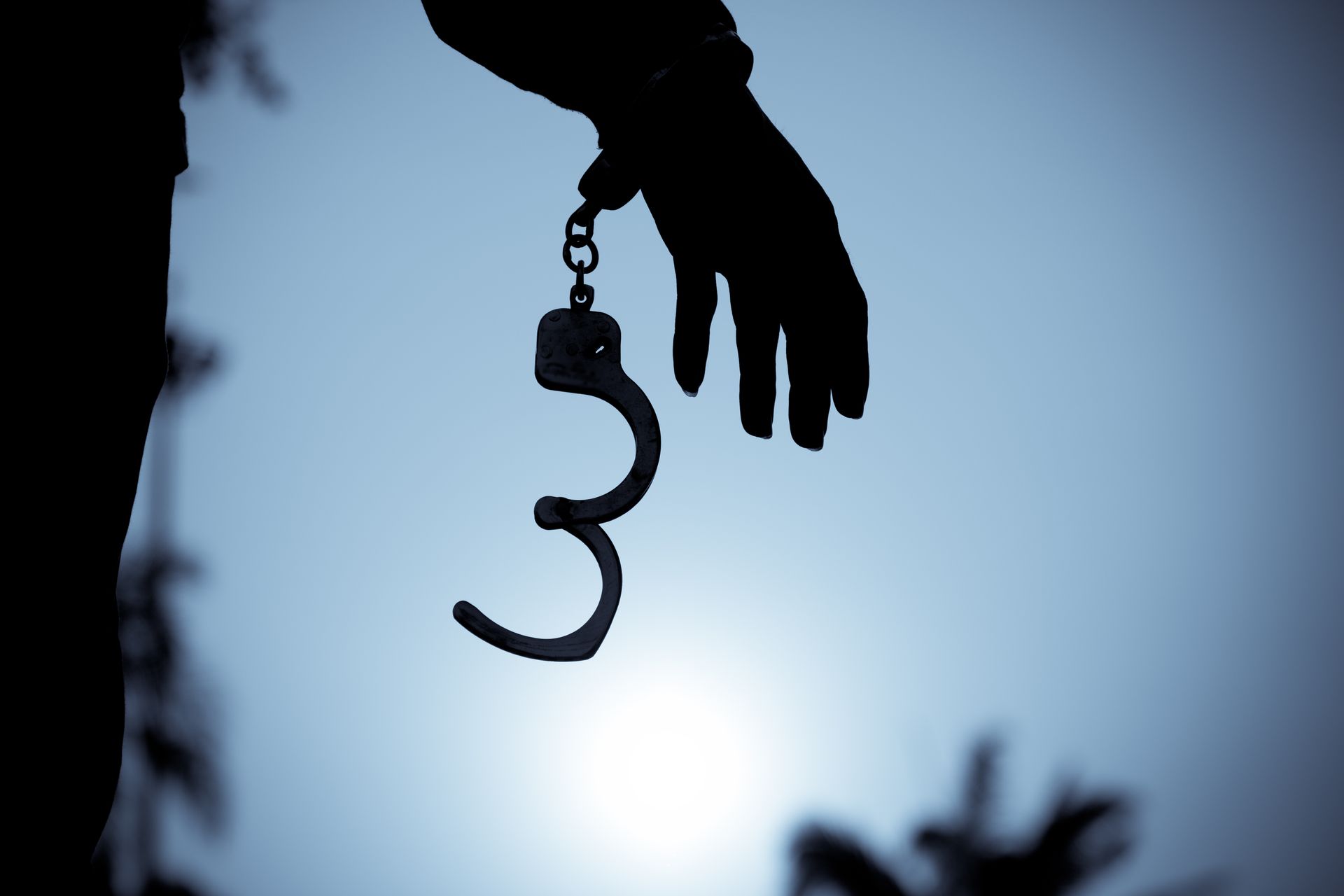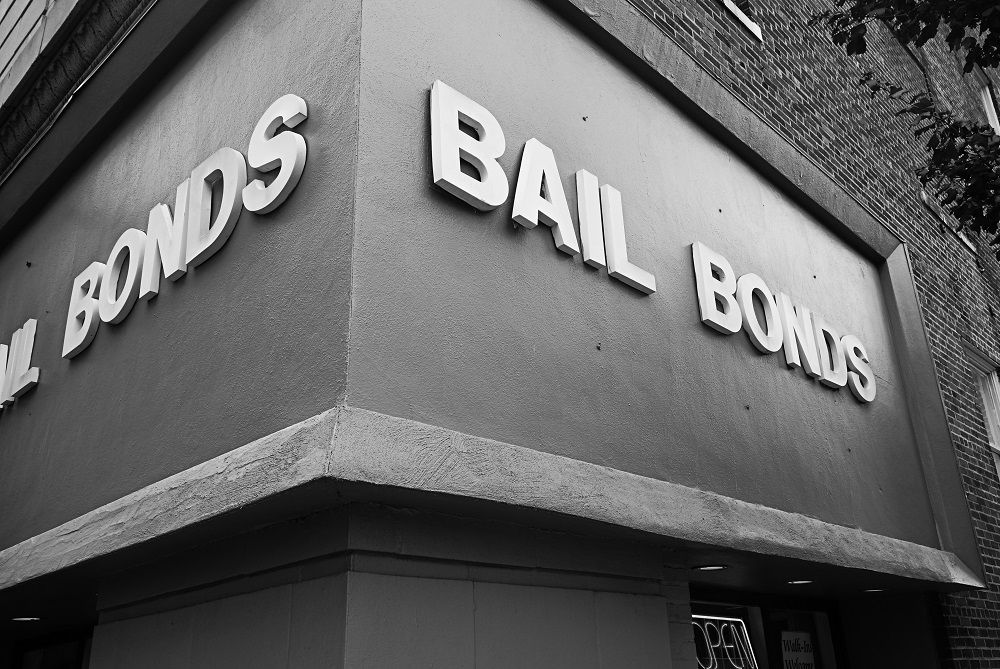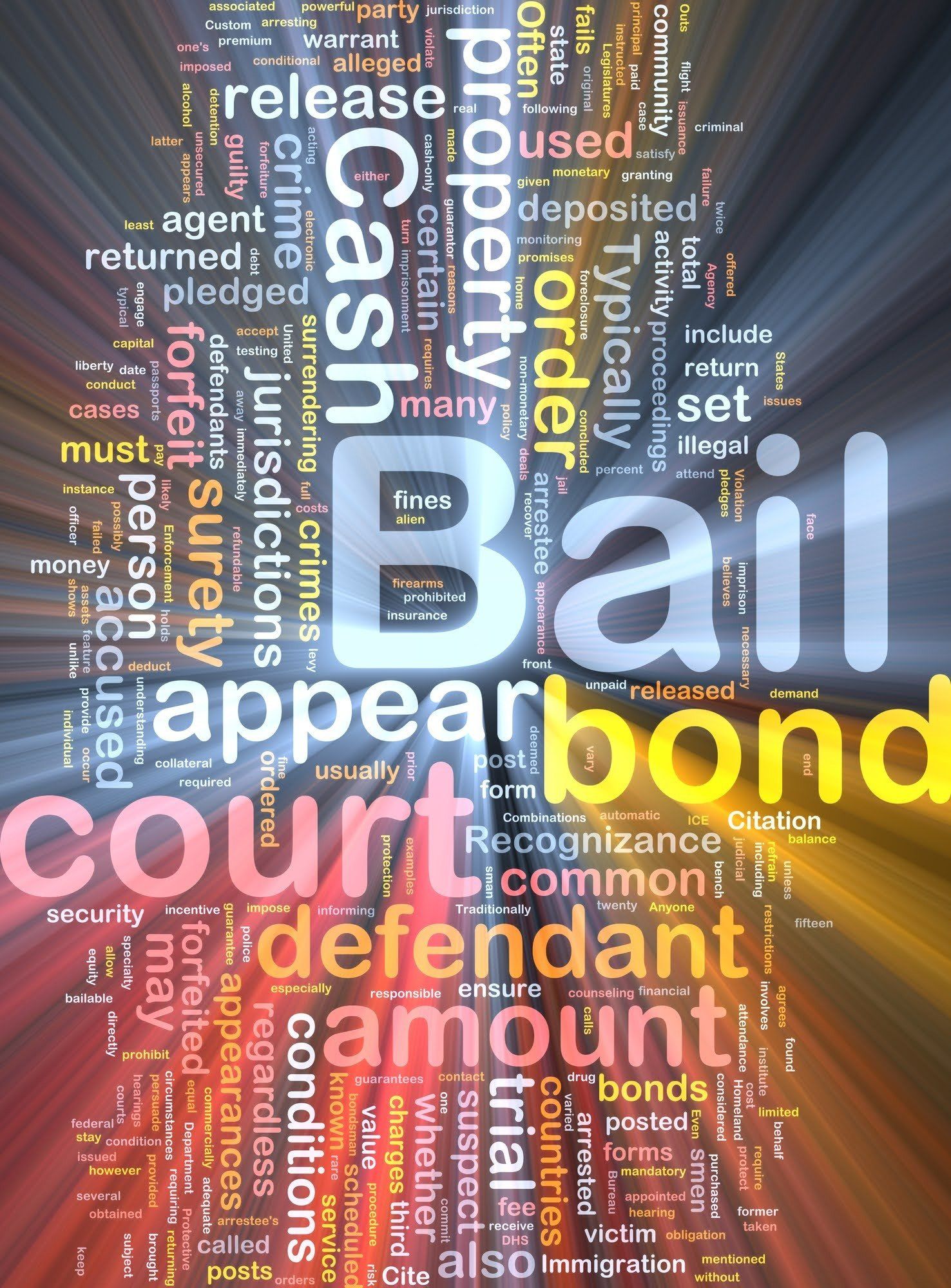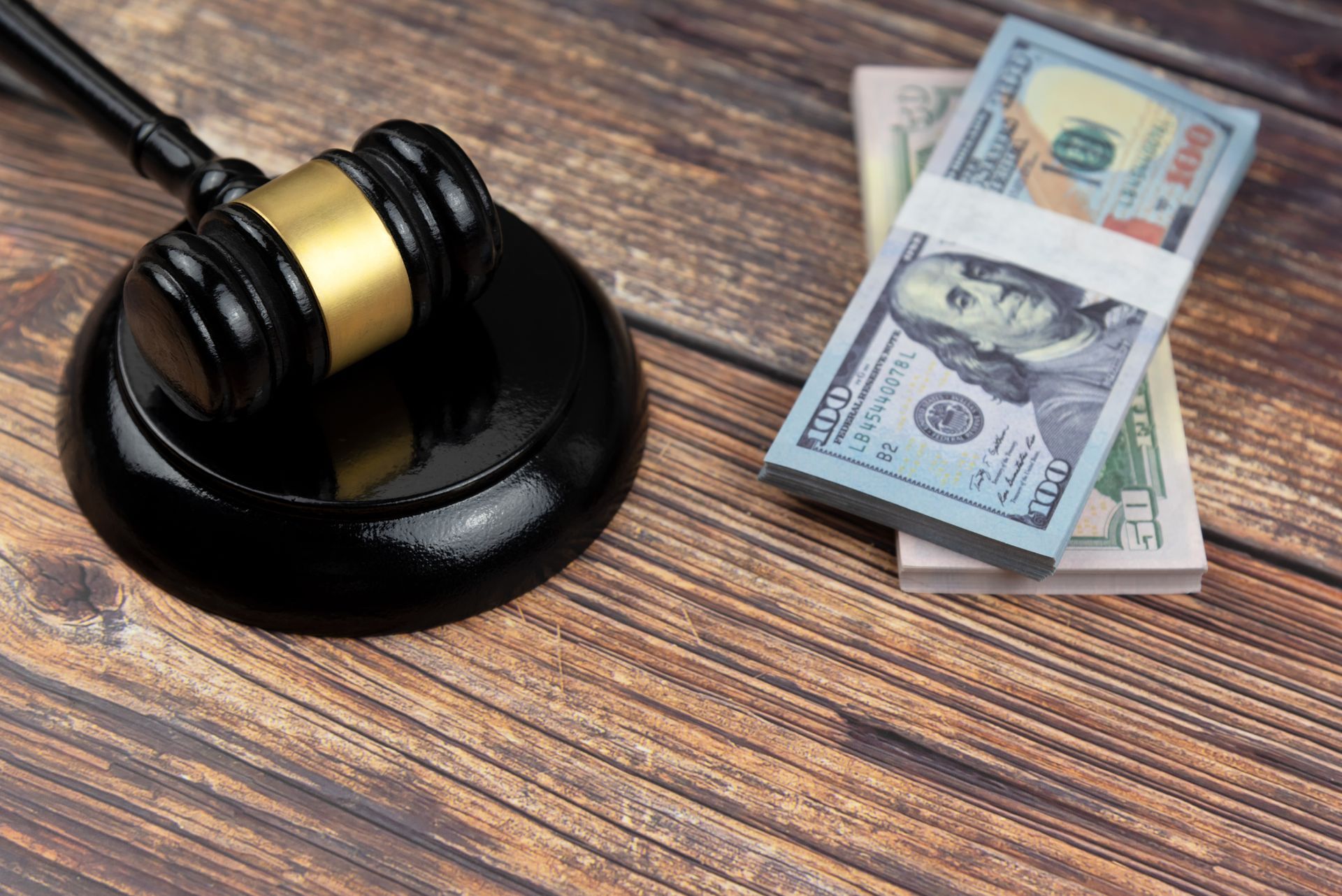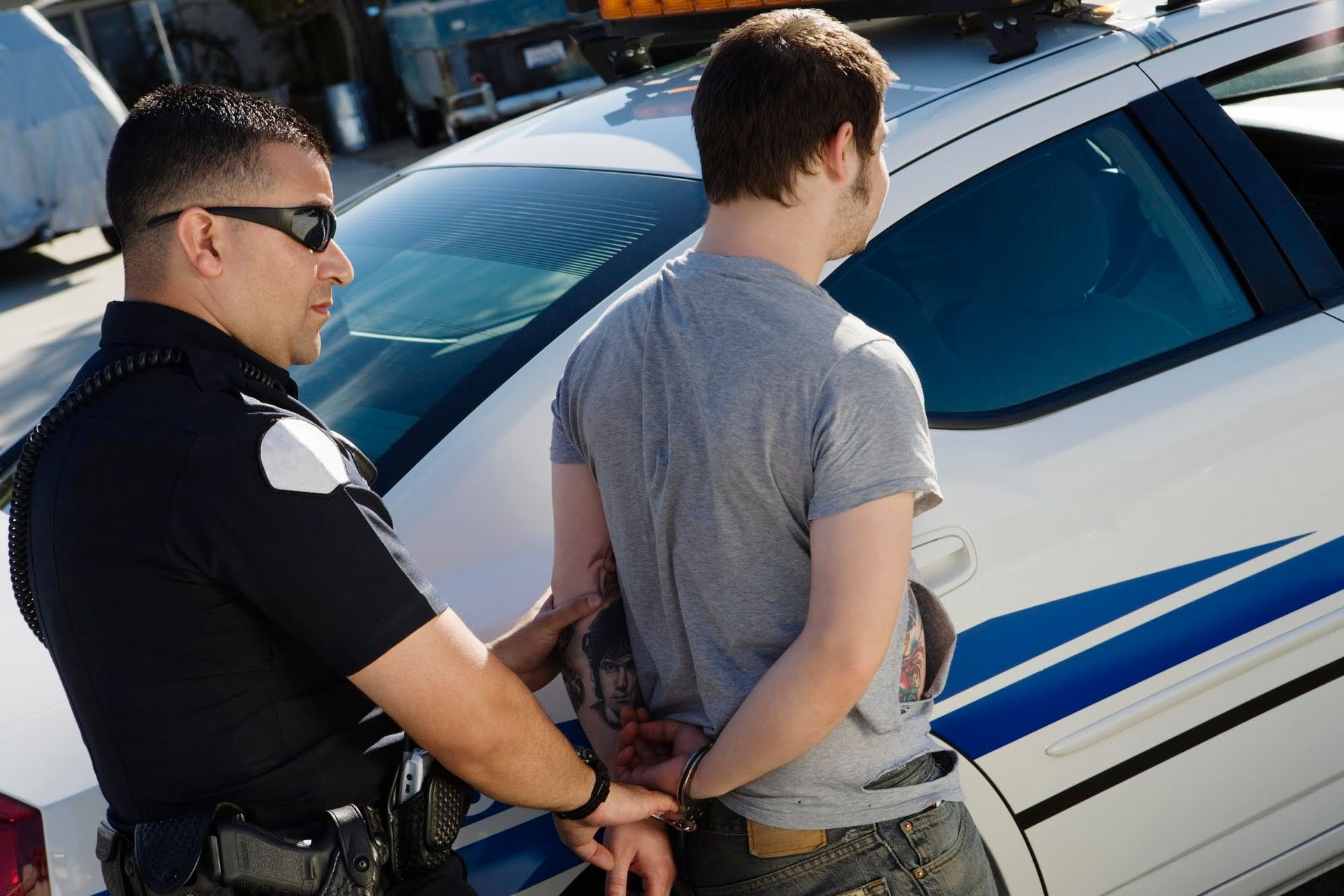4 Common Conditions of Bail
Admin • June 18, 2020

If you or a loved one has been arrested, you may be wondering about bail conditions. Bail allows people to go home to wait for their hearing. However, many people who are released on bail have many conditions to follow. Breaking these conditions means getting sent back to jail to await your hearing. If you would like to know more, check out these four common conditions of bail.
1. Refrain from Alcohol Use
If your arrest was related to drugs or alcohol, the courts will likely prohibit you from drinking or using drugs while out on bail. This is especially common in cases of driving while under the influence of alcohol or drugs. The courts can also take steps to ensure you are following these guidelines, but the steps must be within reason.
For example, if you are on bail for a DUI, the courts may require you to take drug or alcohol tests as requested. However, the courts cannot allow officers to simply raid and search your home randomly to look for alcohol or drugs thanks to the Fourth Amendment, which protects against unlawful search and seizures. If there is a strong suspicion you have alcohol or drugs, officers may be able to get a warrant to search your home.
2. Avoid Certain People or Places
Naturally, a common condition of bail is to not go back to the place of the crime. If you do this, officers may try to argue you were trying to commit the crime again or cover your tracks. You may also have to avoid other places, such as bars, known drug dealer's homes, etc., especially if your arrest involved drugs or alcohol.
You may also have to avoid certain people who were also involved in the crime. This, of course, involves any victims that may have been involved, so if you've been accused of hurting your spouse, you may not be legally allowed to contact or go anywhere near them. Similarly, you the courts will likely prohibit you from contacting anyone else who may have helped with the crime.
3. Comply With Travel Restrictions
Most people on bail have some form of travel restrictions. Travel increases the risk of people running or not being able to attend their hearing. In-state travel is usually allowed, but you may have to tell the courts where you are going and why you are going there. If you need to travel to a different state for a pre-planned vacation or a family emergency, you will need to get special permission.
International travel, however, is usually never allowed because it has the highest risk of you missing your hearing because you ran or were postponed. This is especially problematic if you have lots of family in another country or have a lot of money and can easily transition to a new country.
4. Court-Mandated Classes
Depending on the crime for which you are accused, courts may also require you to take certain classes. If you were arrested for driving while under the influence of drugs or alcohol, you may have to go to addiction counseling, meetings or classes for education. Driving courses may also be required if you were driving recklessly with or without alcohol or drugs at the time of the crime or arrest.
If the crime was domestic abuse or involved anger issues, you may have to take special classes to help learn about the dangers of domestic abuse and counseling for anger issues. If you fail to take any required classes, you may be thrown back in jail until your hearing.
Bail makes it easier for you to prepare for your trial, but only if you follow the conditions of your bail. Failure to comply with conditions will only send you back to jail. If you would like to know more, or if you need a bail bond, contact us
at Matt McKeehan Bail Bonds.

